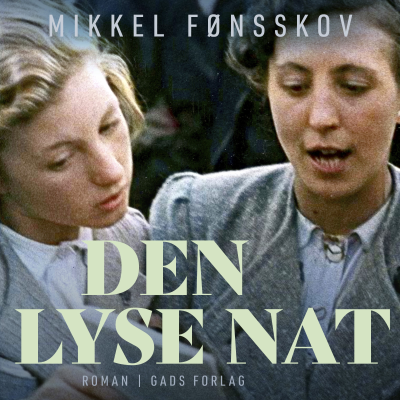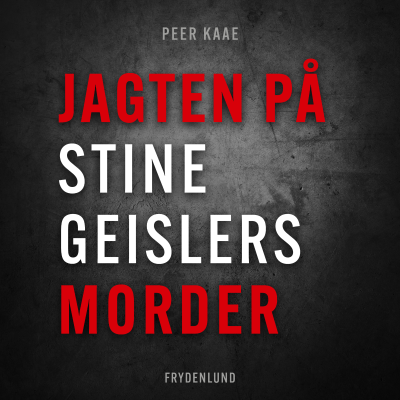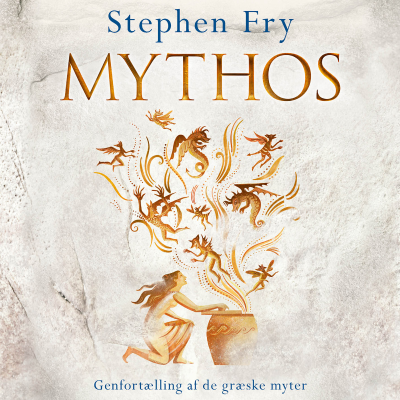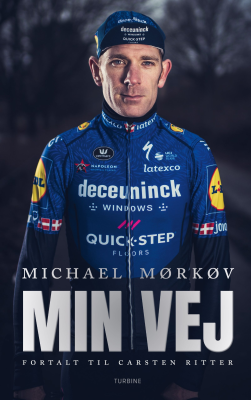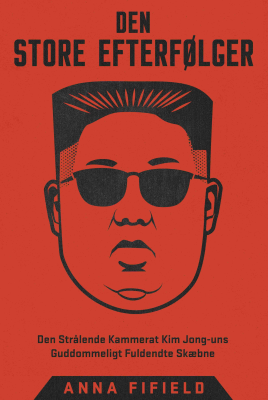
C19: America in the 19th Century
Podcast af Society of Nineteenth-Century Americanists
Prøv gratis i 7 dage
99 kr. / måned efter prøveperiode.Ingen binding.

Mere end 1 million lyttere
Du vil elske Podimo, og du er ikke alene
Rated 4.7 in the App Store
Læs mere C19: America in the 19th Century
The C19 Podcast is a production by scholars from across the world exploring the past, present, and future through an examination of the United States in the long nineteenth century. The official podcast of C19: The Society of Nineteenth-Century Americanists.
Alle episoder
57 episoderIn this episode, Christopher Douglas (Jacksonville State University) leads Ashley Rattner (Jacksonville State University) through some of the most popular late 18th and early 19th-century content available on YouTube: period cooking recreation. If one were to search "18th century America" or "early America" on YouTube, the top results are short videos of people making food in recreation settings. This episode focuses specifically on Townsends, which covers 18th-century America and Early American, which focuses on the early 19th century. The ways these channels recreate the past omits voices that had fewer opportunities to publish during these periods, minimizing or ignoring the ways in which enslaved persons and Indigenous peoples made food, thus creating a limited recreation of America's historical past. The episode ends with suggestions for including more authentic recreation in the general-education classroom. Post-production support by Ryan Charlton (Georgia State University). Works Referenced at bit.ly/S09E01WorksReferenced. Transcript available at bit.ly/S09E01Transcript.
In this episode, Marlene L. Daut (Yale University) and Grégory Pierrot (UConn-Stamford) revisit Ridley Scott's big-budget 2023 biopic, Napoleon, out of Apple Studios. The film’s writers promised to tell the story of France’s first emperor, Napoléon Bonaparte, in a novel way. Designed to focus on his relationship with his wife Joséphine de Beauharnais, the film instead harnessed much of its energy on rehearsing Bonaparte’s well-known wins and losses at the Battles of Toulon, Austerlitz, Wagram, the Russian campaign and Waterloo. But there were important battles in Napoléon’s life that viewers did not get to witness—namely, those Bonaparte ordered across the Atlantic in France’s Caribbean colonies in Saint-Domingue (today Haiti) and Guadeloupe. With this conversation, Daut and Pierrot hope to engage the public in one of the most relevant conversations of our time: how to teach histories of slavery, racism, and colonialism in both national and international contexts. Post-production support by Genevieve Johnson-Smith (Newcastle University). Full transcript available at https://bit.ly/S08E05Transcript.
In this episode, Jean Pfaelzer (Prof. Emerita, University of Delaware) describes the untold history of slavery, slave revolts, and resistance in California, based on her award-winning book California, A Slave State. Interviewed by Karen Clopton, JD, Chair of the San Francisco Human Rights Commission and Harvard University Advanced Leadership Initiative Fellow, Pfaelzer looks West to upend the notion of slavery in the United States as only a North-South struggle. Pfaelzer establishes that freedom from slavery is a struggle, not a status. Slavery endures even to the present day in the sex trade, field work, sweat shops, and marijuana industry. This is the history of how California’s distinct multi-racial population rose from the struggles and ranks of the unfree. Full transcript available at https://bit.ly/S08E04Transcript.
In this episode, Fiona Maxwell (University of Chicago) highlights the presence and power of youth voices in the collaborative print culture of Progressive Era Club Newspapers. Through a close look at Northwestern University Settlement House, Fiona illustrates the varied, and often fun, ways in which children and youth from marginalized communities utilized the power of collective imagination to reimagine their public sphere. The episode highlights entertaining archival materials that feature youth voices to demonstrate how collaborative creative projects such as club news inspired working-class young people to use their enhanced facility with print and spoken discourse to become community advocates. Finally, the episode returns to the present and Fiona's work at the Piven Theatre Workshop to discuss the enduring appeal and relevancy of club newspapers to the current generation of young people, who have transformed the genre into a means of fostering resilience and finding belonging in a time of crisis and isolation. Post-production support provided by Jess Van Gilder (Bluegrass Community and Technical College). Full transcript available at https://bit.ly/S08E03Transcript.
“The Time and Place of Performance” looks at the vast circuits of nineteenth-century performance. Amy Huang (Bates College) and Kellen Hoxworth (University at Buffalo, SUNY) consider how nineteenth-century performances move backward and forward, citing past moments, and themselves undergoing processes of recycling and re-presentation to move into the future and challenge the framework of the nation-state. This conversation explores the transoceanic circuits of plays and artists (such as Ira Aldridge and Rose Quong) and the unexpected connections between blackface and yellowface performance to consider how and whether it might be important to teach nineteenth-century theatre and performance. Although Huang and Hoxworth both find some of this theatre “bad,” they discuss how we might teach these plays and performances in ways that do not depend on shoring up these works’ exemplariness or exceptionality. How might we stay with the “bad,” the partial, and the minor moments of theatre and performance history? Full transcript available at https://bit.ly/S08E02Transcript.

Rated 4.7 in the App Store
Prøv gratis i 7 dage
99 kr. / måned efter prøveperiode.Ingen binding.
Eksklusive podcasts
Uden reklamer
Gratis podcasts
Lydbøger
20 timer / måned













